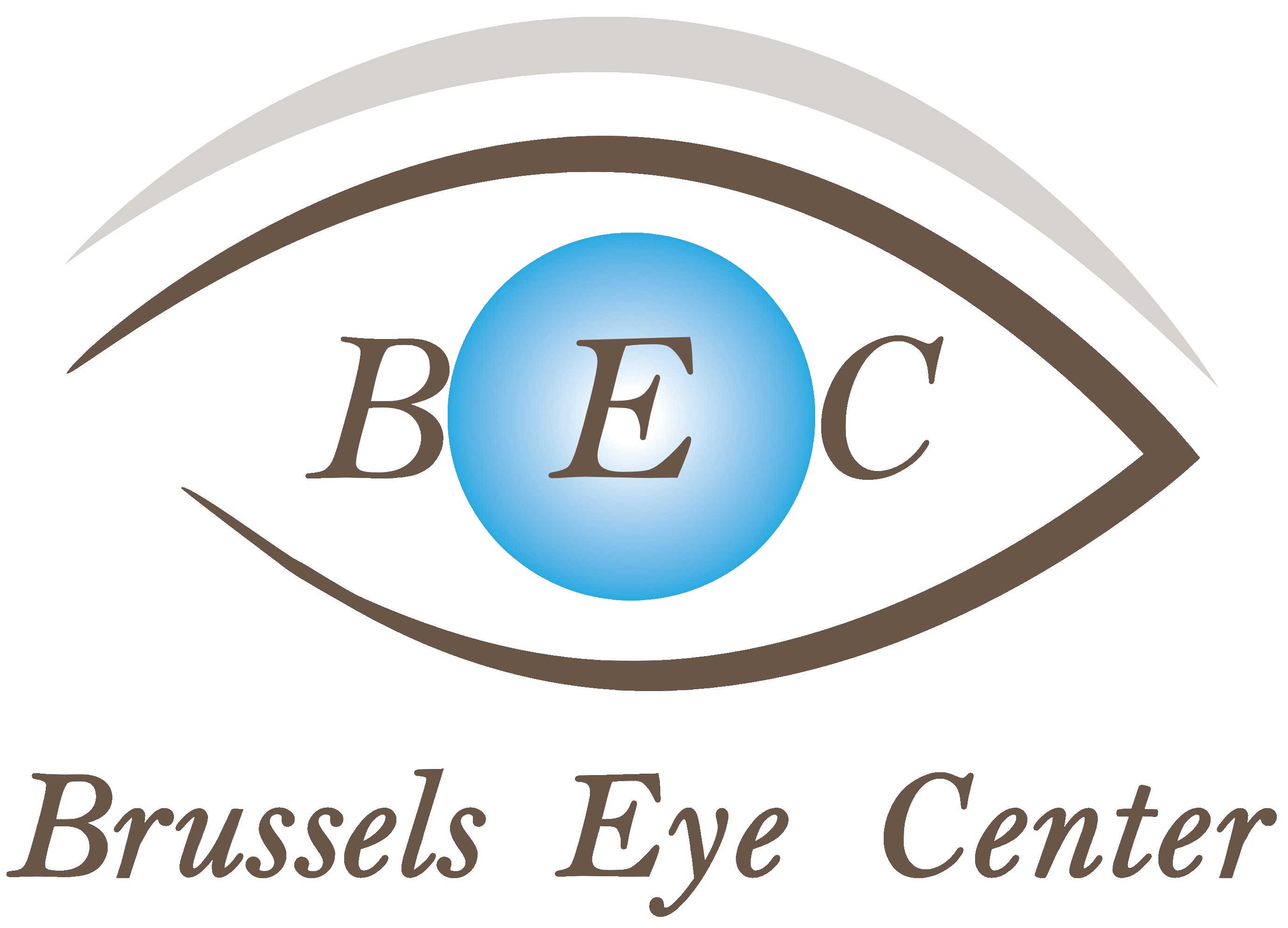Particular complications to each surgical procedure :
- Visual fluctuations
- Photophobia and night halos
- Secondary or progressive hyperopia
- Theoretical weakening of the eye
- Post-operative pain from 2 to 3 days
- Late healing of the epithelium
- Haze or sub-epithelial cicatrisation inducing a blur vision which decreases over time: 1% to 2%
- Night halos if high myopia, high pupillary diameter or haze
- Low risk of postoperative infection: 1/4000
- Decentration of the corneal flap during first post-operative days: patient must wear an eye-cover at night during 2 weeks after surgery
- Dry eye: regular use of artificial tears is necessary during the first post-operative month
- Epithelial ingrowth in the interface under the corneal flap (0.1%) avoided by rinsing
- Inflammation under the corneal flap (0.5%) requiring anti-inflammatory treatment or rinsing the interface
- Night halos if high myopia or large pupillary diameter
- Extremely low risk of postoperative infection: 1/5000
- Ectasia or irregular astigmatism: Exceptional complication occuring in late post opérative follow up, especially in keratocone or Frust keratoconus not appearent preoperatively or in thick flaps or deep ablation of the cornea.
- Customized wavefront treatment with aberrometry by Lasik or PRK:
- Same complications reported in Lasik.
- Less regression and retreatment (2%-3%). Usually, a retreatment free of charge is necessary in 4 to 5% of cases. Less Glare and night halos.
Learn more about refractive surgery:

